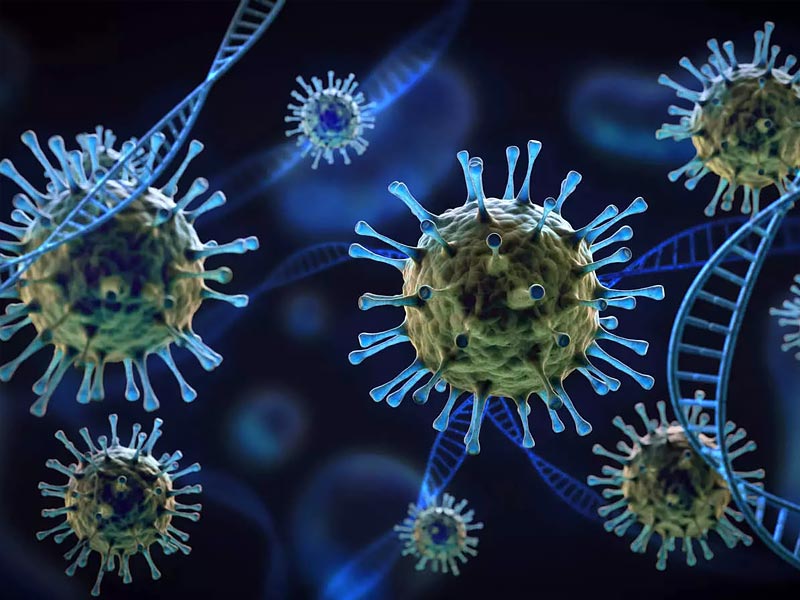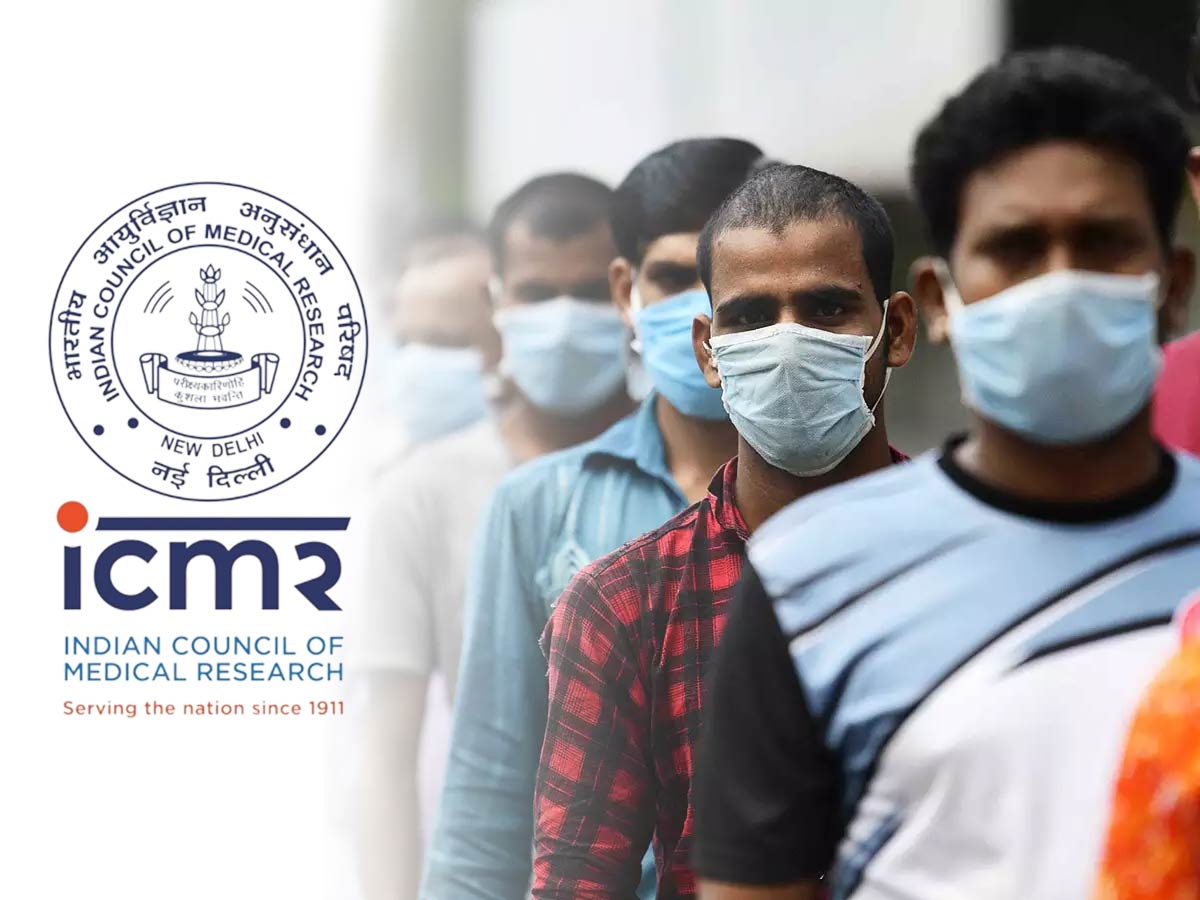To comprehend the extraordinary rise in “sudden deaths” among young people following the COVID-19 epidemic, the Indian Council of Medical Research (ICMR) has just begun two significant investigations.
In an interview with News18 on the sidelines of the WHO Global Traditional Medicine Summit, which took place in Gujarat on August 17 and 18, ICMR Director-General Dr. Rajiv Bahl outlined the organization’s ambitious plans.
Dr. Bahl reaffirmed that the goal of the study, which concentrates on persons between the ages of 18 and 45, is to comprehend the mysterious deaths of seemingly healthy people. He expressed hope that the information may reveal the COVID-19 outbreak’s hidden effects and “may help prevent other deaths.”

According to the ICMR, “sudden deaths” refer to the untimely passing of previously healthy people who had no known concomitant illnesses. According to the News18 article, the ICMR has reportedly looked at 50 autopsies at the All India Institute of Medical Sciences (AIIMS) in New Delhi, intending to increase the sample size to include 100 more cases shortly.
When comparing the outcomes of these autopsies to those from prior years or years before COVID, Dr. Bahl noted, “We are trying to understand the reasons or differences.”
The main goal of the investigations is to determine if unexpected mortality among young people that occurred in the wake of the COVID-19 epidemic may be linked to underlying physiological alterations inside the human body. Researchers aim to define any potential links by pointing out observable trends, such as an increased frequency of abrupt cardiac failure or lung collapse.
Alongside the autopsy-focused investigation, the ICMR has also started a case-control study that focuses on people aged 18 to 45 who have died suddenly during the previous year.
Also read: The ICC has revealed the male and female mascots for the 2023 Cricket World Cup
This study makes use of data gathered from 40 sites spread throughout India where COVID-19 patients were followed up on for a full year after being discharged. Information about COVID-19 admissions, hospital discharges, and mortality is included in the extensive dataset.
As a result, researchers have started a thorough field investigation and conducted home-to-home interviews with the control group. According to him, “We are interviewing these members of the control group to understand their dietary habits, tobacco use, lifestyle, COVID history, vaccination history, and family’s medical history.” The main objective is to unravel the complex network of risk variables causing post-COVID fatalities.

























